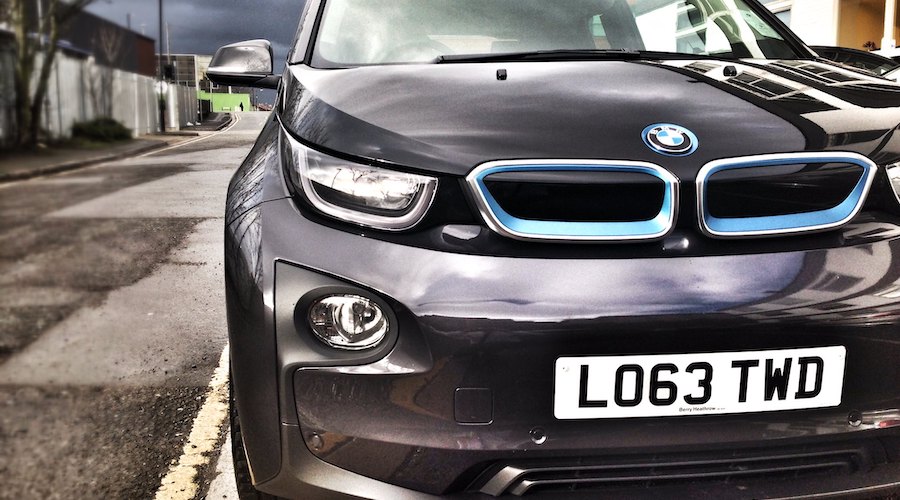BMW bets on design and recycling, not mining, to lower battery costs

BMW is betting on efficient design and recycling to bring down battery costs and is steering clear of investing in mines, its finance chief said on Friday, setting it apart from some competitors digging deep into the supply chain.
“We don’t think it is right to invest in mines. We view it as more important to get back raw materials from cars and other products,” chief financial officer Nicolas Peter said in an interview.
Peter, who is due to retire in May, also said the carmaker was experiencing a strong first quarter and said he saw no reason to doubt the company’s ability to hit its forecast set earlier in the month of an 8-10% margin in 2023.
BMW has its own battery cell research centre in Germany, but has left large-scale development to partners, placing multibillion-euro orders with CATL and EVE Energy to produce battery cells in China and Europe.
Bringing down battery costs, most of which come from raw materials, is the key challenge for carmakers attempting to generate profits from electric vehicles (EVs) equivalent to those reaped from combustion engine cars, a target BMW hopes to reach with its “Neue Klasse” EV-only line launching mid-decade.
Some, such as Volkswagen, are betting big on expanding their own battery production and investing in mines to secure control down the supply chain.
Mercedes-Benz said on Thursday it had made a “fundamental decision” to allocate capital to mining and had set up a raw material office in Canada, where it signed a raw materials agreement last year.
BMW is taking a different approach, focusing on creating demand via car production and relying on partners with more expertise to build large-scale infrastructure required for electrification.
Peter said although BMW believes in recycling over mining as a way to reap critical minerals and has a battery cell recycling facility via its joint venture in China, it does not see the need to develop large cell recycling facilities of its own.
Instead, it will prove demand for recycled raw materials via the sales growth of its electric cars, and work with partners to recycle at scale, he said. “With our business development, we are creating the motivation to invest – but we do not need to develop big recycling facilities for battery cells ourselves.”
Investing in technologies requiring fewer critical raw minerals, including hydrogen-powered cars, is another way BMW plans to bring down costs.
The company is the only major German carmaker working on a hydrogen-powered passenger vehicle, which chief executive officer Oliver Zipse said he could imagine going into commercial production in the second half of the decade if other industries like trucks step up to help provide a hydrogen charging network.
(By Victoria Waldersee; Editing by Sharon Singleton and Mark Potter)
{{ commodity.name }}
{{ post.title }}
{{ post.date }}




Comments